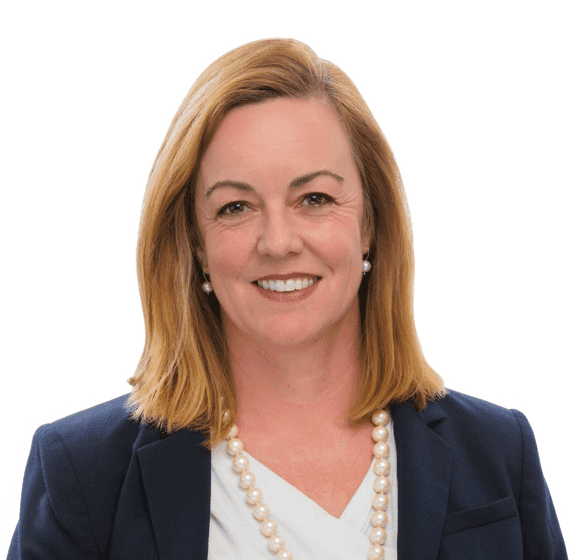Is your estate complex and/or substantial?Selecting an executor or trustee is one of the most important estate planning decisions you will make. If you have a complex/substantial estate, the option of choosing a professional trustee (also known as a professional fiduciary) might be highly advisable or even absolutely necessary for all concerned. Let's look at some factors to consider in this key decision. What Do They Do?Professional fiduciaries are highly trained and held to the highest codes of ethical conduct. They are familiar with both the duties of a personal representative under California law, and how to handle disputes related to the final distribution of an estate. A professional fiduciary regularly deals with individual assets worth millions of dollars. Not only do they manage money and property, but fiduciaries must also manage difficult family situations and unpleasant disagreements that sometimes arise in the aftermath of a loved one's passing. Types of Professional Fiduciaries
Saving Money vs. ExpertiseFor larger estates, a common reason that professional fiduciaries are not selected is because trustors want to save money. The thought is typical "It can't be that complicated - just split my assets X ways, sell it all, and split the money up." But quite frankly, it rarely is that simple for substantial assets. Just look at a short list from "What Does a Trustee do After the Settlor Dies?":
Keep in mind that most non-professionals are learning about how to be a trustee from scratch. Along the way, they are likely to make mistakes and spend an undue amount of time figuring out how to do the job. As trustor, you should consider whether your estate is best-served by having a professional manage it or a non-professional; is saving money really the most important factor? In contrast, professionals are just that - people with specialized expertise and competency in a particular field. Compensation is fair, but if you're going to pay someone, why not pay a bit more and hire a professional? Workload + RelationshipsSaid one family-member trustee after over a year of settling an estate "If I knew what I was getting into, I never would have accepted this job - and a job it is!" Looking at your family and friends, you may realize that it really isn't fair to ask a family member to spend massive amount of time and energy doing something they know nothing about. Beyond the pure workload, there are typically issues that arise when a family member is selected as trustee - and it is only worse when relationships are already strained. Many trustors hope that their children will set aside bad relations and work it all out "for the good of the family." But when it comes to estate administration, hope isn't a strategy. Other Reasons to Choose a ProfessionalIn many cases, a non-professional trustee is selected by the trustor as part of the estate plan. However, situations may arise after the trustor passes in which a professional fiduciary's services might be required, such as:
If you are still on the fence about a non-professional vs. professional fiduciary, ask yourself a few questions. Out of your pool of family members or friends who could serve as trustee, do they have: Time? Financial expertise? An ability to manage the complexity of your assets, including real estate an investments? Good organization abilities? Communication skills? A truly unbiased and honest approach to managing the estate? Reasonable health that a trustee position wouldn't jeopardize their own well-being? Care for you and your legacy? A willingness to obtain legal help if needed? Interview QuestionsWhether choosing an individual professional or corporate fiduciary, here are some questions to ask:
Full Spectrum Estate PlanningSince the process of selecting an executor/trustee is critical to your estate, it is important to employ experienced legal counsel. Mortensen & Reinheimer, PC is ready to help each step along the way. Please contact us at (714) 384-6053 to make an appointment, or use our online contact form. Our website is http://www.ocestateplanning.net. About the author:
Tamsen R. Reinheimer, Attorney, is a Certified Specialist in Estate Planning, Trust & Probate Law (The State Bar of California Board of Legal Specialization). She has significant experience in all aspects of estate planning, trust administration, and probate. Contact Tamsen at tamsen@ocestateplanning.net. |
Selecting a Professional Trustee

Categories:


